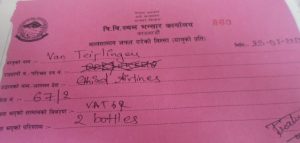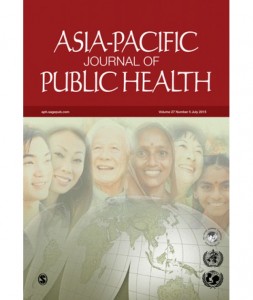The call for game-changing research concepts is currently open to enable the growth of BU’s Strategic Investment Areas.
This is your opportunity to put forward concepts for which BU will be known in the years to come. Concepts that are prioritised for development by the SIA Steering Groups, will benefit from tailored institutional support to turn your idea into a reality. This could include identification of match-funding, support from estates, personalised funding development support and much more – you tell us what you need to make a transformative idea a reality.
Game-changing research concepts are welcomed from all of our academic community across all career stages.
To learn more about the SIAs, the open call and to discuss what you could do, please find further details on the staff intranet.
You can also come along to one of our short briefing sessions to ask any questions that you like and to learn more:
Bite-size briefing events – 30-minute sessions – email sia@bournemouth.ac.uk to receive a diary invitation
Discuss your plans with an SIA convener:
- Assistive Technology – Thursday 5th May, 12.30pm with Prof Christos Gatzidis (Convener of the AT SIA)
If you would like to join the meeting, email sia@bournemouth.ac.uk for a diary invitation or click on the link to join the meeting on the day: Click here to join the meeting
- Animation, Simulation & Visualisation – Wed 11th May, 3.00pm with Prof Kate Welham (Convener of the ASV SIA)
If you would like to join the meeting, email sia@bournemouth.ac.uk for a diary invitation or click on the link to join the meeting on the day: Click here to join the meeting
Learn more from successful applicants:
To learn more from previously successful applicants, discuss potential ideas or identify potential BU partners are taking place on the following dates/times:
- Wednesday 4th May, 9.00am with Dr Diogo Montalvao, who is developing the ADDISONIC cluster
If you would like to join the meeting, email sia@bournemouth.ac.uk for a diary invitation or click on the link to join the meeting on the day: Click here to join the meeting
- Tue 10th May, 1.00pm with Dr Xun He, who is developing the MINE cluster
If you would like to join the meeting, email sia@bournemouth.ac.uk for a diary invitation or click on the link to join the meeting on the day: Click here to join the meeting
- Fri 13th May, 3.00pm with Prof Rob Britton, who is developing the FishE @ BU cluster
If you would like to join the meeting, email sia@bournemouth.ac.uk for a diary invitation or click on the link to join the meeting on the day: Click here to join the meeting




 aths and many hundreds cases of injuries among Nepalese workers in these countries excluding India. For example, the Foreign Employment Promotion Board of Nepal recently reported that 1002 Nepalese migrant workers died in the 6 GCC countries and Malaysia in the last Nepalese calendar year, of which 357 (36%) were documented as cardiac related. However, in a quarter of deaths, the cause was unknown. Postmortem examination of migrant workers in many destination countries is not carried out and official records of the destination countries tend to record these deaths as being ‘from natural causes’. Information on underlying causes, such as heat stress on construction sites, is often not available.
aths and many hundreds cases of injuries among Nepalese workers in these countries excluding India. For example, the Foreign Employment Promotion Board of Nepal recently reported that 1002 Nepalese migrant workers died in the 6 GCC countries and Malaysia in the last Nepalese calendar year, of which 357 (36%) were documented as cardiac related. However, in a quarter of deaths, the cause was unknown. Postmortem examination of migrant workers in many destination countries is not carried out and official records of the destination countries tend to record these deaths as being ‘from natural causes’. Information on underlying causes, such as heat stress on construction sites, is often not available.










 Beyond Academia: Exploring Career Options for Early Career Researchers – Online Workshop
Beyond Academia: Exploring Career Options for Early Career Researchers – Online Workshop UKCGE Recognised Research Supervision Programme: Deadline Approaching
UKCGE Recognised Research Supervision Programme: Deadline Approaching SPROUT: From Sustainable Research to Sustainable Research Lives
SPROUT: From Sustainable Research to Sustainable Research Lives BRIAN upgrade and new look
BRIAN upgrade and new look Seeing the fruits of your labour in Bangladesh
Seeing the fruits of your labour in Bangladesh ECR Funding Open Call: Research Culture & Community Grant – Apply now
ECR Funding Open Call: Research Culture & Community Grant – Apply now ECR Funding Open Call: Research Culture & Community Grant – Application Deadline Friday 12 December
ECR Funding Open Call: Research Culture & Community Grant – Application Deadline Friday 12 December MSCA Postdoctoral Fellowships 2025 Call
MSCA Postdoctoral Fellowships 2025 Call ERC Advanced Grant 2025 Webinar
ERC Advanced Grant 2025 Webinar Update on UKRO services
Update on UKRO services European research project exploring use of ‘virtual twins’ to better manage metabolic associated fatty liver disease
European research project exploring use of ‘virtual twins’ to better manage metabolic associated fatty liver disease